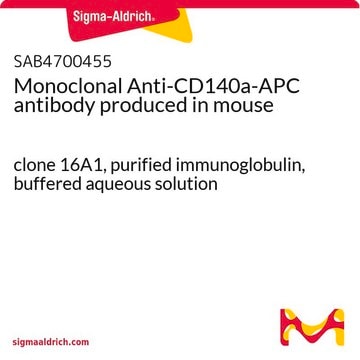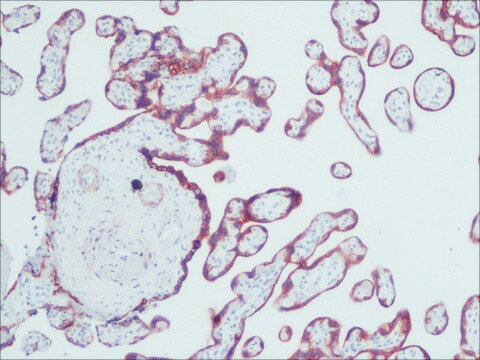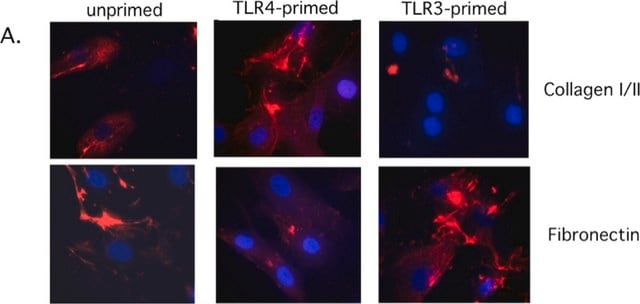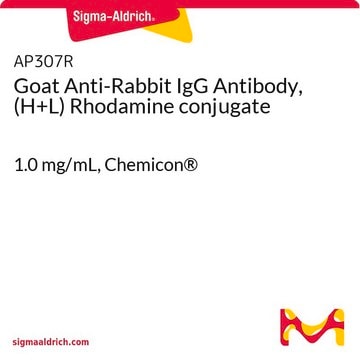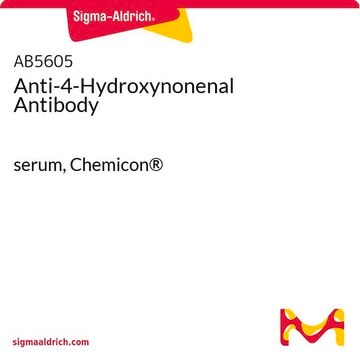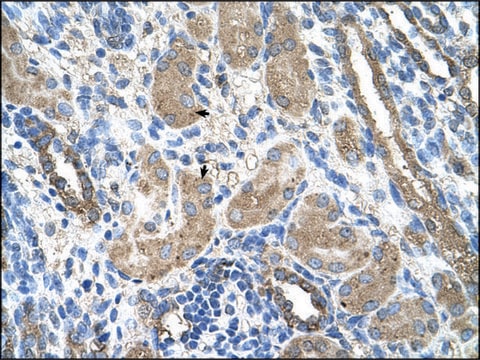FCMAB412F
Milli-Mark® Anti-Collagen Type I-FITC Antibody, clone 5D8-G9
clone 5D8-G9, Milli-Mark®, from mouse
Synonym(s):
Alpha-1 type I collagen
About This Item
Recommended Products
biological source
mouse
Quality Level
conjugate
FITC conjugate
antibody form
purified immunoglobulin
antibody product type
primary antibodies
clone
5D8-G9, monoclonal
species reactivity
human
manufacturer/tradename
Milli-Mark®
technique(s)
flow cytometry: suitable
isotype
IgG1κ
NCBI accession no.
UniProt accession no.
shipped in
wet ice
target post-translational modification
unmodified
Gene Information
human ... COL1A1(1277)
General description
Specificity
Immunogen
Application
Cell Structure
Quality
Target description
Physical form
Storage and Stability
Analysis Note
HEK293T cells
Legal Information
Disclaimer
Not finding the right product?
Try our Product Selector Tool.
Storage Class Code
10 - Combustible liquids
WGK
WGK 2
Flash Point(F)
Not applicable
Flash Point(C)
Not applicable
Certificates of Analysis (COA)
Search for Certificates of Analysis (COA) by entering the products Lot/Batch Number. Lot and Batch Numbers can be found on a product’s label following the words ‘Lot’ or ‘Batch’.
Already Own This Product?
Find documentation for the products that you have recently purchased in the Document Library.
Our team of scientists has experience in all areas of research including Life Science, Material Science, Chemical Synthesis, Chromatography, Analytical and many others.
Contact Technical Service